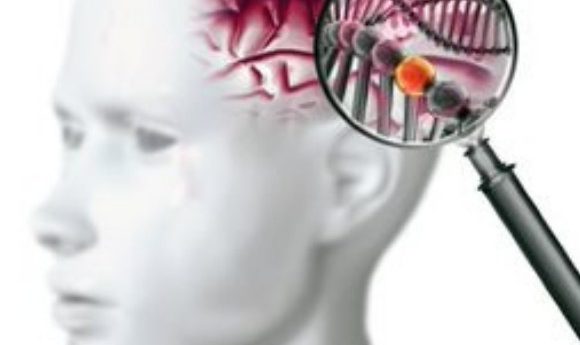Study points the finger at a common SNP for stroke risk in cancer survivors

A common gene variant has been implicated in increased stroke risk for childhood cancer survivors following cranial radiation therapy.
Researchers from St. Jude Children’s Research Hospital (TN, USA) and The Chinese University of Hong Kong (Hong Kong) have demonstrated that a common small nucleotide polymorphism (SNP) is associated with an increased risk of stroke in childhood cancer survivors treated with cranial radiation therapy (CRT). The results were presented at the AACR Annual Meeting 2019 (GA, USA; 29 March – 3 April), and have implications for future intervention approaches.
Previous research has demonstrated that risk of stroke increases sixfold for survivors treated with between 30 and 50 Gy of CRT compared to survivors who receive none. Treatment with over 50 Gy increases the risk 11-fold.
Yadav Sapkota, first author of the study, commented: “Stroke risk seems to vary within the same CRT dose group, even after accounting for other clinical and demographic factors. This indicated to us that there may be genetic predisposition that influences a CRT-exposed survivor’s risk for developing stroke.”
The team analyzed whole-genome sequencing data from 686 childhood cancer survivors of European descent who had been treated with CRT and formed part of the SJLIFE study. 116 developed stroke.
Analysis revealed that CRT exposure combined with a common SNP on the 5p15.33 locus increased risk threefold compared to those without the SNP. The dosage of CRT also mattered – combination of the SNP with 25–50 Gy further increased stroke risk, to fivefold.
“We found that the common SNP had the most pronounced effect on the risk for stroke following an intermediate dose of radiation,” noted Sapkota. “While survivors treated with greater than 50 Gy of radiation still have an increased risk of stroke if they carry the SNP, we hypothesize that higher doses of radiation displace the influence of genetics.”
The findings were replicated in two independent groups from the SJLIFE study. One group comprised survivors of African ancestry and one survivors of European descent who did not undergo CRT. These results supported that the risk of developing stroke is a combination of genetics and CRT treatments.
“Survivors treated with CRT who carry this genetic variant can benefit from being monitored and counseled to minimize their modifiable cardiovascular risk factors,” Sapkota concluded.
Validation in additional cohorts is now required, in addition to research into the mechanisms underlying the link between this SNP and stroke risk.